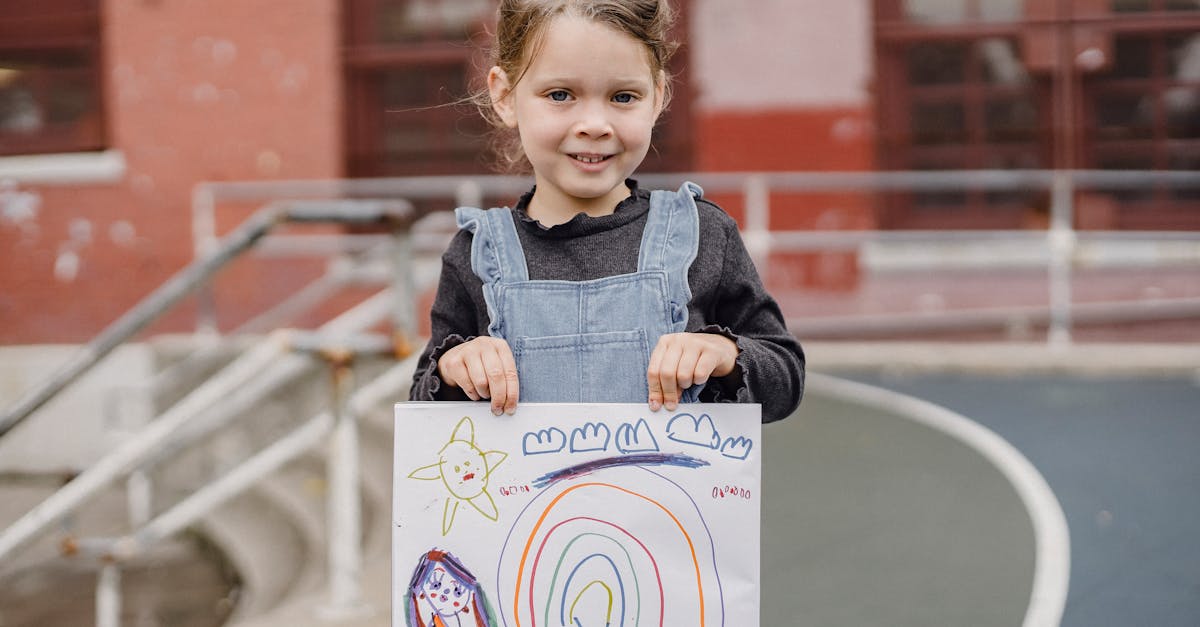Introducing the Concept of Forgiveness
Preschool is a great time to introduce the concept of forgiveness to your kids. They’re learning to navigate their emotions and social interactions. Explaining forgiveness in simple terms, like saying ‘sorry’ and ‘thank you,’ can make it easier for little ones to grasp. You might share that forgiving someone is like letting go of a balloon filled with bad feelings. It’s important to keep it fun and light-hearted while making sure they understand the significance. Incorporate phrases like ‘letting go,’ ‘feeling better,’ and ‘moving on’ to make it relatable.

Helping children understand forgiveness at a young age can set a strong foundation for healthy relationships and emotional well-being in the future. Encouraging them to forgive others and themselves can foster empathy, compassion, and resilience. Remember, forgiveness is a valuable lesson that can benefit them throughout their lives.
Family Activities to Foster Forgiveness
Family activities are a great way to practice forgiveness. Consider the following activities to engage your family in forgiving experiences:
- Role-Playing: Engage in role-playing scenarios where family members act out forgiving situations. This helps visualize forgiveness in action.
- Drawing Feelings: Encourage family members to draw pictures of how forgiveness makes them feel. This creative expression can deepen understanding.
- Forgiveness Jar: Create a ‘Forgiveness Jar’ where family members can drop notes about who they’ve forgiven and why. Discuss these notes together weekly to foster communication.
- Forgiveness Cookies: Bake ‘Forgiveness Cookies’ together as a family. Each step of the baking process symbolizes a different part of forgiving someone, making forgiveness a tangible experience.
By transforming abstract concepts into tangible experiences, these activities not only promote forgiveness but also make family bonding enjoyable and meaningful.

Encouraging Parental Involvement
Parents play a crucial role in teaching preschoolers to forgive. Set an example by showing your kids that you can forgive others too. Share when and why you forgive someone, using simple stories or real-life examples. Create a safe space where they can express their feelings without judgment. Encourage them to pray for their friends and family members. Involve them in community activities that foster kindness and understanding. And always be there to guide them, reinforcing the importance of forgiveness through daily life.
 * *
* *
